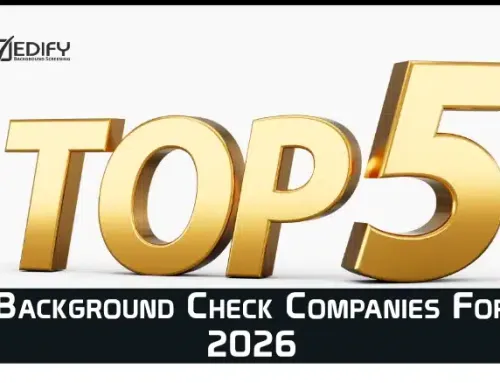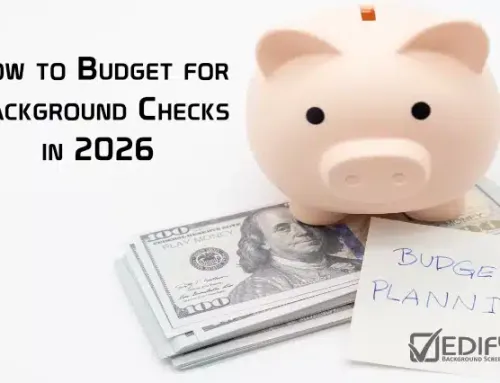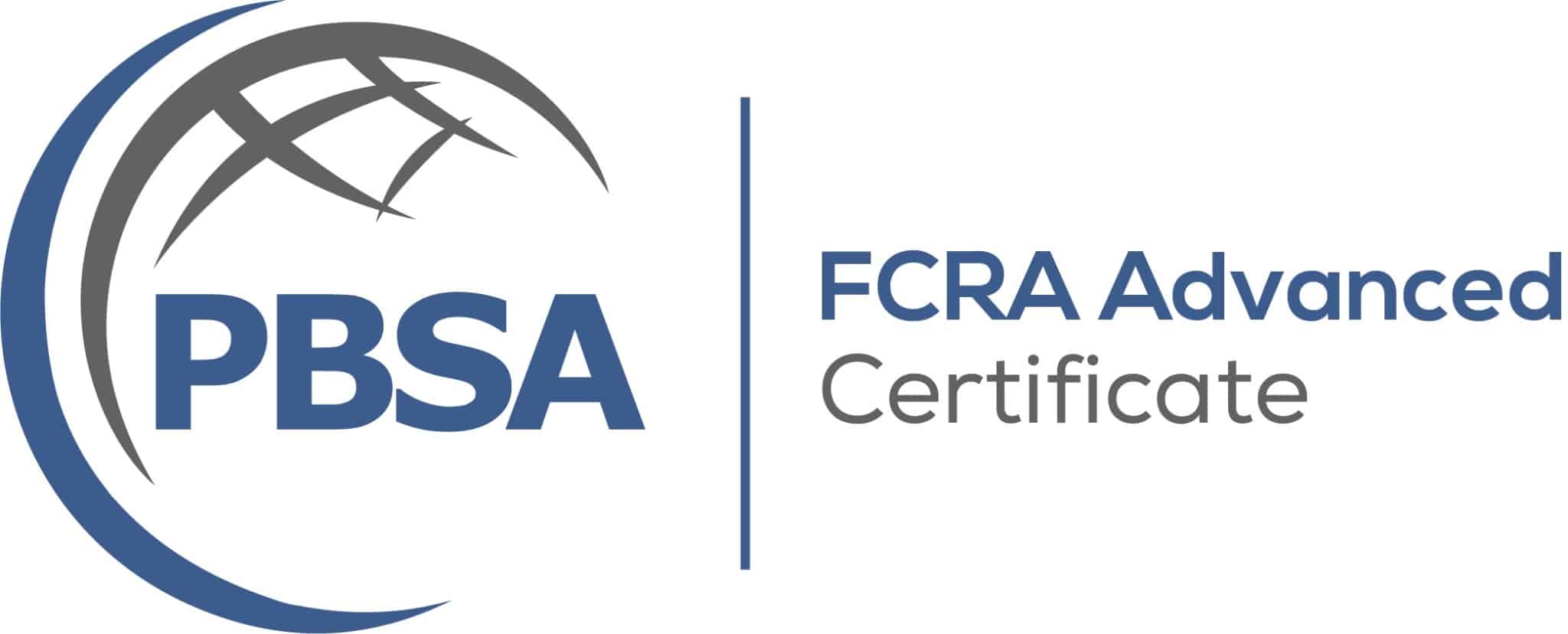How to Verify Education History | Business Guide
by Chas Scott | EDIFY Background Screening
If a role at your company says “degree required,” you need a simple way to confirm the claim is real. Education verification is a formal check with authoritative sources to confirm the school, degree or diploma status, major or field of study, and the graduation or attendance dates. It answers one clean question: Did this person actually earn what they say they earned, at the place and time they said they did? Most teams run this as part of their hiring background checks to keep the process consistent and compliant.
For small and mid-sized businesses, the payoff is practical. Verification protects you from bad hires with inflated credentials, keeps your job requirements meaningful, and helps you make fair, defensible decisions if something doesn’t match.
What an Education Verification Confirms (and What It Doesn’t)
What it confirms
-
Institution name and location
-
Degree or diploma status (earned, in progress, or no record)
-
Major or field of study
-
Graduation date or last date of attendance
What it usually doesn’t include
-
GPA
-
Class rank
-
Course-by-course grades (that’s a transcript, which most employers don’t need)
-
Unaccredited training or generic “certificates” that aren’t issued by a recognized school
Pro tip: If a candidate lists a “certificate,” clarify the issuer. Vendor trainings and bootcamps can be valuable, but they’re not the same as an accredited degree.
Why Use a Consumer Reporting Agency Instead of Trying to DIY
Speed
A consumer reporting agency (CRA) plugs into trusted data sources and knows registrar workflows. That means fewer manual emails and faster turnaround, so you’re not holding an offer while someone chases a generic registrar inbox.
Accuracy
A qualified CRA goes to the source and documents every step. That reduces typos, date errors, and mismatched names. If the school uses a third-party verification hub, your CRA already knows the path.
Compliance
Education checks used for hiring are consumer reports. That brings FCRA duties like a standalone disclosure, written consent, and pre-adverse and adverse action if the report could affect your decision. A CRA keeps the process consistent and timely, so you don’t miss required notices.
Cost
DIY seems cheaper until it isn’t. Managers spend time tracking down registrars, you pay rush fees, and you risk redoing work when errors surface. CRAs streamline this into a repeatable flow and often bundle verification pricing in a way that’s easier on your budget. If you’re a lean team, this is one of the quickest wins in your hiring stack. For SMBs especially, it’s worth standardizing this through small business background checks so you don’t reinvent the wheel every time you hire.
Spotting Diploma Mills and Unrecognized Schools
Accreditation is how you separate legitimate schools from lookalikes. In the U.S., accreditation is recognized by the Department of Education and CHEA. Red flags:
-
School name closely mimics a well-known university
- Accreditation counsels that sound real but are just a fake as the schools they credential
-
No physical address, or only a P.O. box
-
“Earn your degree in days” promises
-
Heavy “life experience” credit with little or no coursework
-
No clear mention of recognized accreditation
Your Background Screening provider will check accreditation status as part of the process, so you don’t get stuck validating a credential that doesn’t hold water.
Edify’s Approach to Diploma Mills
Edify Background Screening actively screens for diploma mills using these methods:
- Cross-referencing claimed institutions with databases of recognized accrediting agencies
- Checking against government and educational regulatory lists
- Verifying institution legitimacy through direct outreach
- Flagging suspicious educational claims and notifying clients
If an institution is found to be a diploma mill, we will report the findings to the client and classify the verification as “Unable to Verify – Institution Not Recognized.”
When A Business Should Verify Education
You don’t need to check every role. Use verification wherever the credential matters to safe, effective performance:
-
Roles that legally or contractually require a degree or diploma
-
Client-facing advisory work where subject-matter depth matters (finance, engineering, consulting)
-
Safety-sensitive industries and healthcare roles
-
Jobs where your posting says “Bachelor’s required” or “specific major required”
To keep decisions consistent:
-
Define what counts as a material discrepancy up front (for example, “degree not earned,” “different major than required,” or “dates off by more than one academic year”).
-
Decide which roles require verification and capture that in your job templates.
Implement a Simple, Compliant Workflow (Copy/Paste SOP)
-
Write the job post clearly. If a degree is required, say so. If major or accreditation matters, say that too.
-
Collect consent properly. Give candidates a standalone FCRA disclosure and get written authorization.
-
Order the verification through your CRA. They’ll use trusted sources first, then the registrar if needed.
-
Review results. If something doesn’t match, confirm details with the candidate. Sometimes name changes or international formats explain the gap.
-
If the result may impact the decision, follow FCRA steps. Send a pre-adverse action notice with the report, allow time for dispute, then send adverse action only if needed.
-
Document the outcome. Note the decision and why it was job-related, and store the report according to your retention policy.
This SOP keeps you compliant, fair, and fast. It also saves managers from one-off judgment calls.
International Education Verification
International education can be just as straightforward with the right partner. Expect a few extras: local verification sources, translations, and longer timelines in some regions.
Work with a CRA that can verify overseas degrees and confirm regional accreditation, so you aren’t guessing. If global hiring is on your roadmap, build this into your process with international background checks so recruiting stays on schedule.
Best Practices for Employers
To ensure accurate education verifications, clients should:
- Encourage candidates to provide complete and accurate information
- Advise candidates to notify their institutions in advance to expedite processing
- Be aware of turnaround times, which vary by institution and location
- Avoid relying solely on documents provided by the candidate; official verification is necessary
- Work with competent CRA to flag potential diploma mills
Bottom Line
Education verification gives you clear proof, lowers hiring risk, and keeps decisions consistent and fair. A CRA helps you do it quickly and correctly, so your team spends more time onboarding the right person and less time chasing registrars. If you want to model costs and pick the right package for your roles, see our background check pricing.
FAQ
How long does an education verification it take?
Many U.S. verifications are quick, usually within 24 hours. Some schools batch responses, so allow a few business days. International checks can take longer.
Do we need education transcripts?
Usually no. A verification answers the employment question: did they complete what they claim? Only ask for transcripts if the job truly needs granular grade detail.
What about in-progress degrees?
You can verify enrollment and expected graduation. Decide whether “in progress” meets your requirement or if the offer should be contingent on completion.
Can we verify high school diplomas?
Yes, particularly for roles where a high school diploma or GED is the minimum. The process is similar and often faster.
What if the school is closed?
Records typically transfer to a custodian or state archive. Your CRA will route it correctly.
Sources to Explore for More Information
- FTC – “Background Checks: What Employers Need to Know”
-
U.S. Department of Education, “Accreditation: Postsecondary Education”
-
Council for Higher Education Accreditation (CHEA), “Database of Institutions and Programs Accredited by Recognized U.S. Accrediting Organizations”
The resources provided here are for educational purposes only and do not constitute legal advice. We advise you to consult your own counsel if you have legal questions related to your specific practices and compliance with applicable laws.













